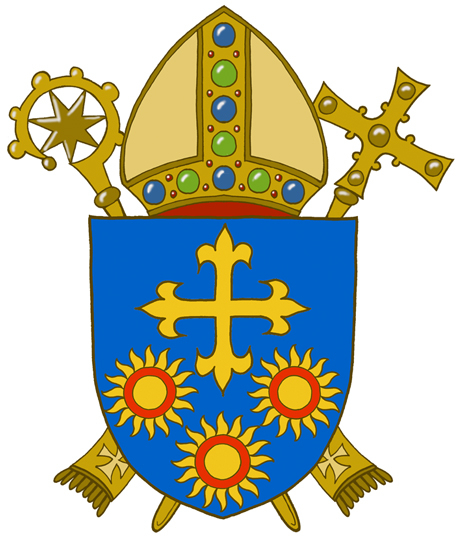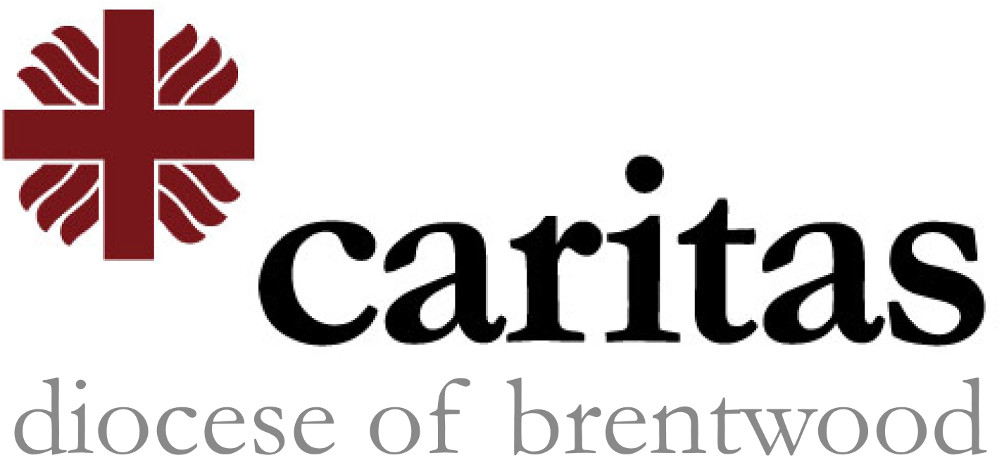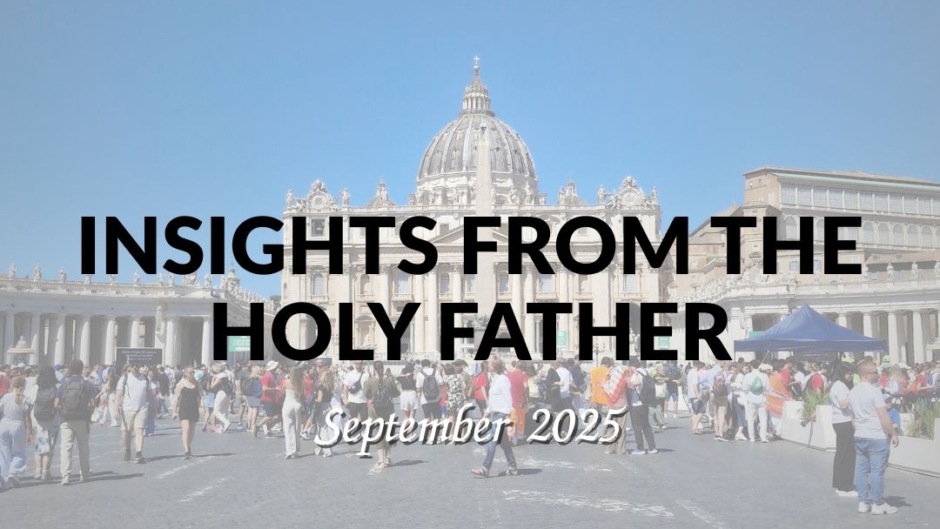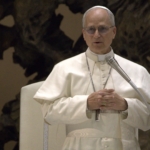Audience
20th September, Jubilee of Justice
A couple of weeks later, the Pope commemorated the Jubilee of Justice on Saturday 20th September, as part of the Church’s ongoing Jubilee Year celebrations. During these celebrations, our Pontiff offered an address to those in attendance. He spoke of the concept of evangelical justice – justice in light of the gospel – contrasting it against what he referred to as “human justice”.
Pope Leo was clear in stating that Justice must never simply be the punishment of an individual or group, but rather evangelical justice impels human justice “towards the pursuit of reconciliation.” Similar to Michael’s remarks on his experience of the NJPN Conference this year, the Holy Father stated that “evil…must be repaired”.
As Catholics, we believe that we are invited by God to co-operate with him in the sanctification of all creation. This does not simply mean the ministration of the sacraments (important as they are), but also re-centring Christ and placing him at the heart of everything – our homes, friendships, work, etc.
By placing Christ at the centre of justice, we are making it more than a punishment for wrongdoing, but we are elevating the “well-being of individuals and the common good”. A just society is a society where “each person is given their due, until equality in dignity and opportunity” is achieved between all people.
To read the full audience address, click here>>





